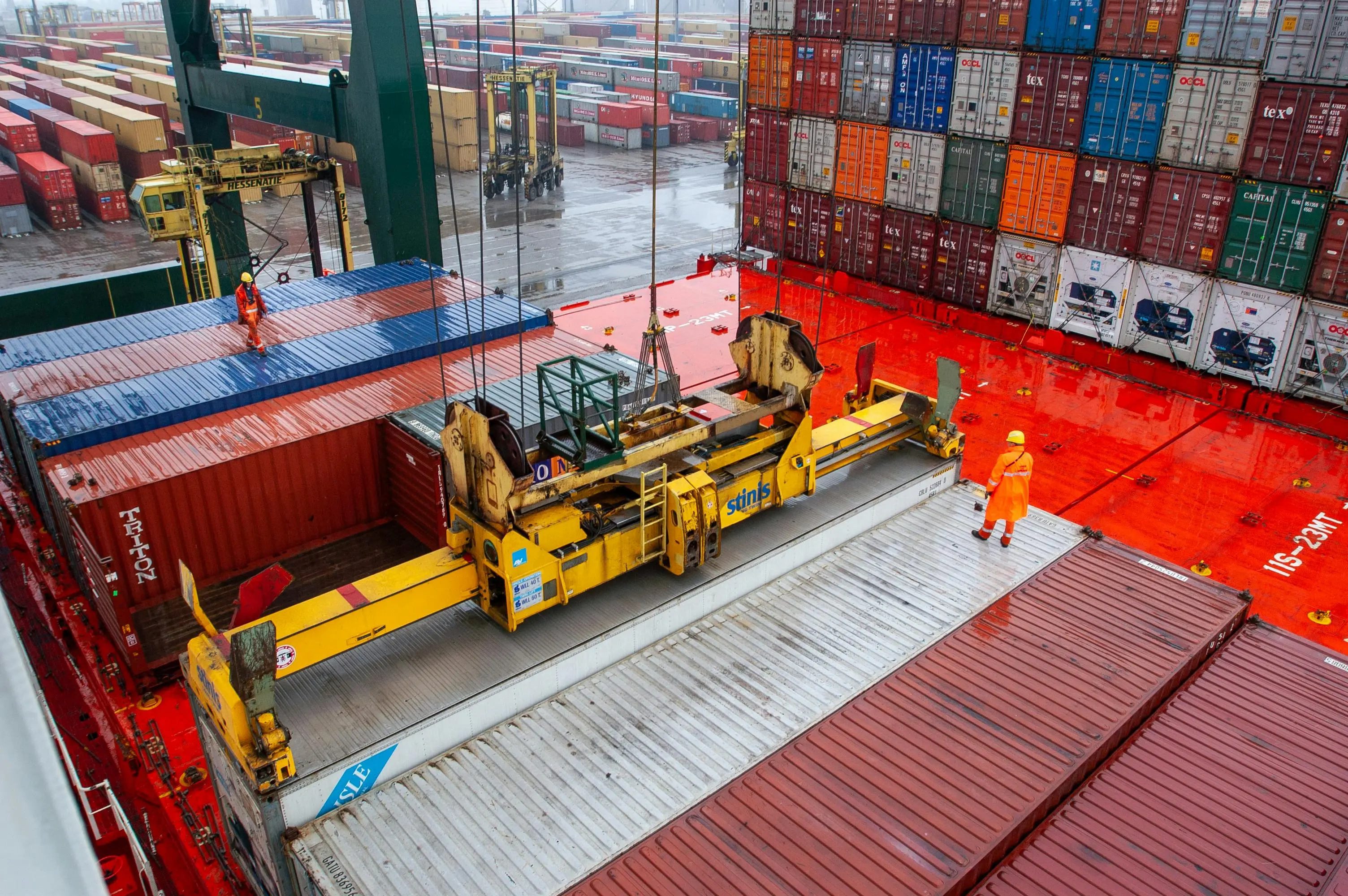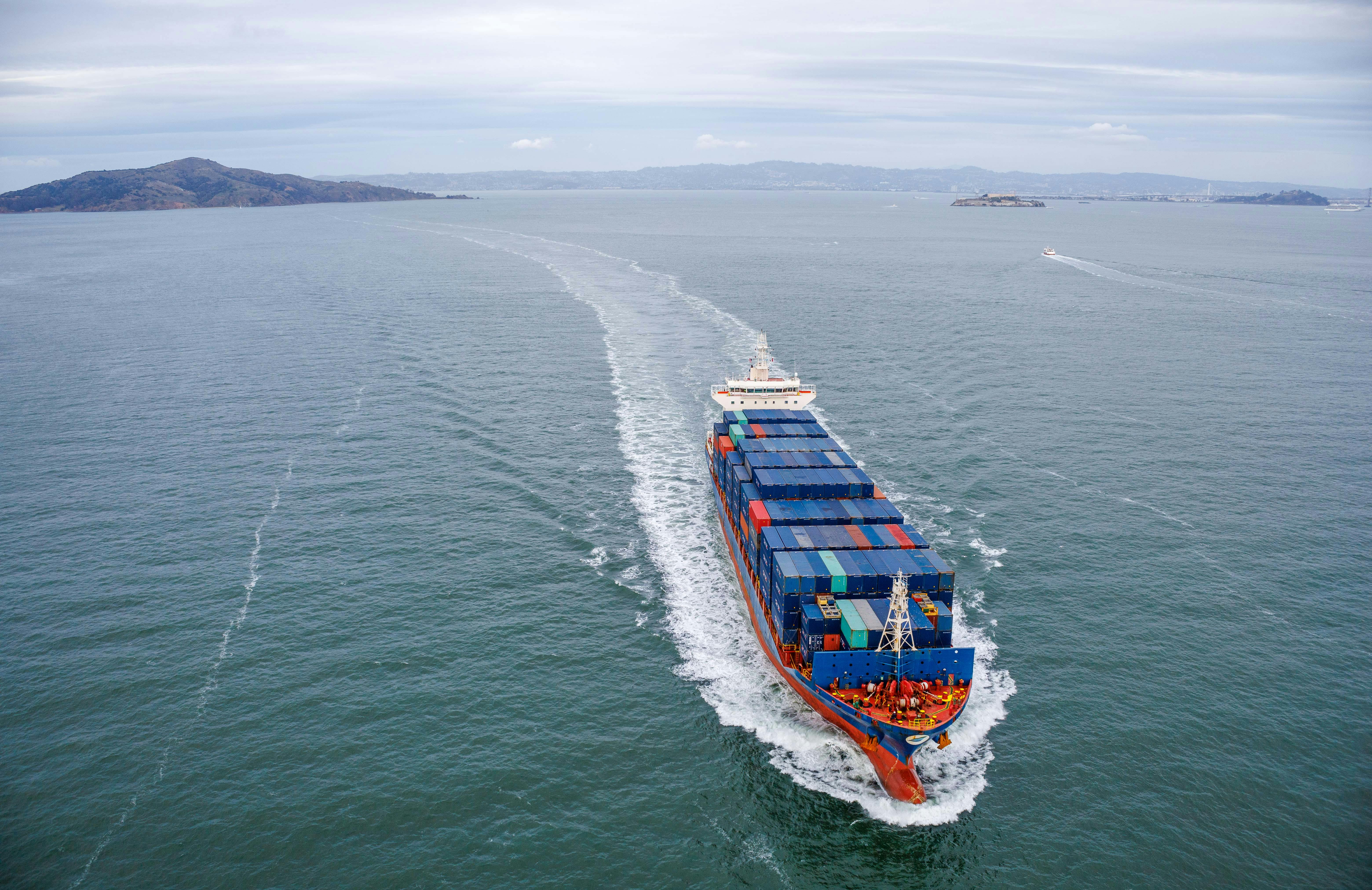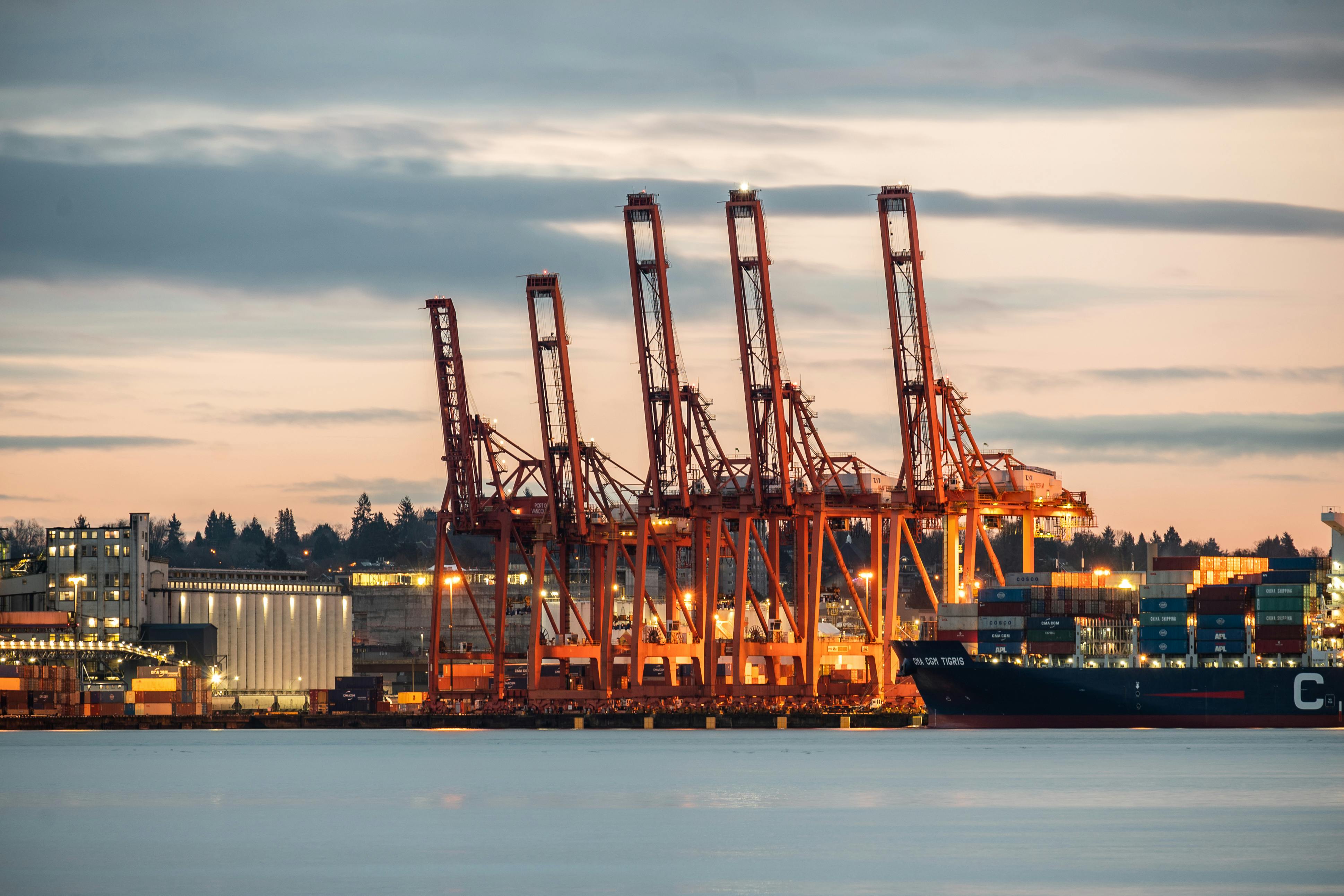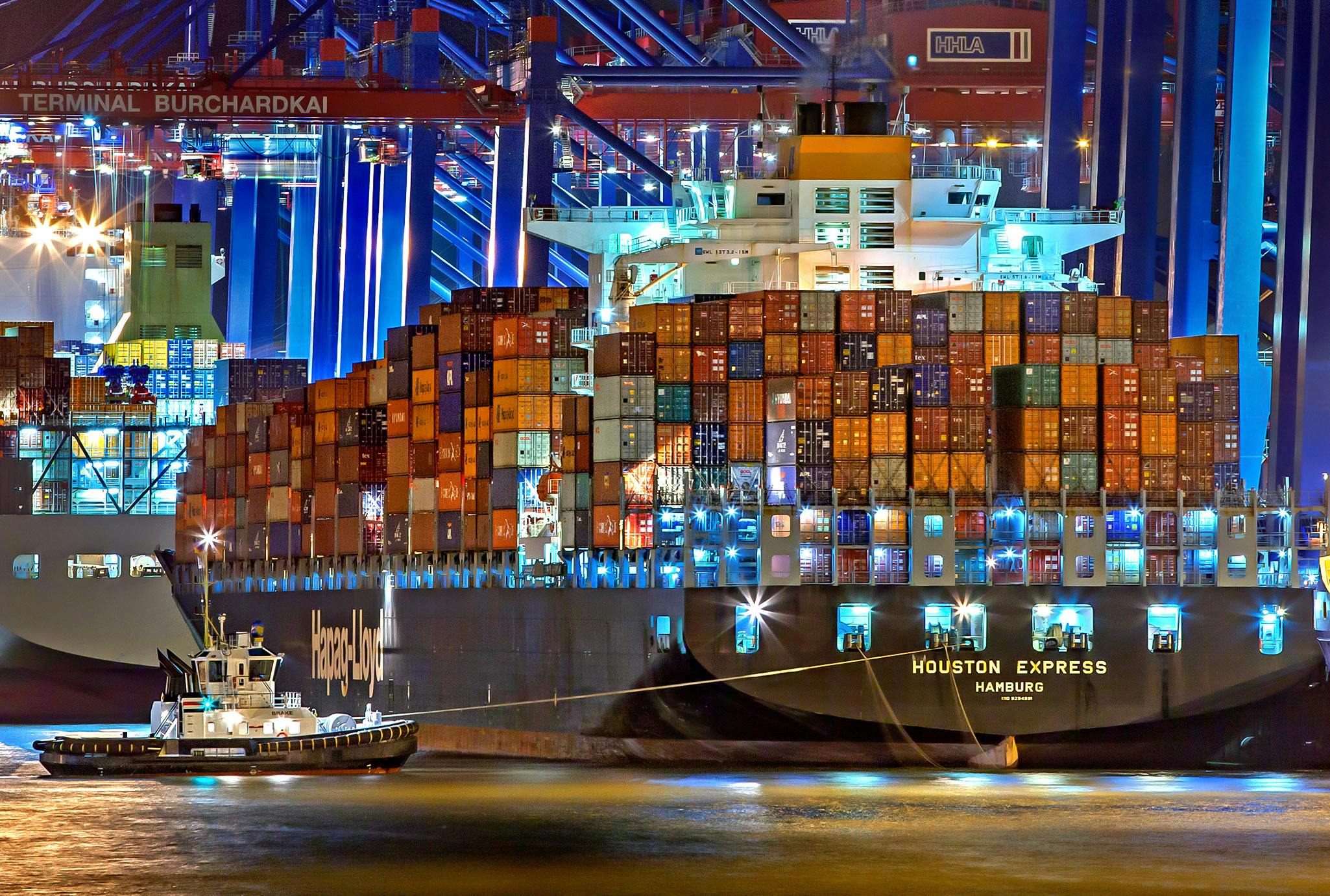TEU in Shipping: The Ultimate Guide to Container Capacity Measurement
Master Global Shipping Metrics: From Basic Measurements to Advanced Container Management Strategies

December 15, 2024
In today's complex world of global logistics and supply chain management, understanding shipping container measurements is crucial for effective freight management. Whether you're new to international shipping or looking to optimize your container strategy, mastering TEUs is essential for success.
What is a TEU? Understanding the Basics
TEU stands for Twenty-foot Equivalent Unit, serving as the standard measurement unit in container shipping. Think of it as the shipping industry's universal language for measuring cargo capacity.
Key points about TEUs:
1 TEU equals one standard 20-foot container
A 40-foot container equals 2 TEUs (also known as an FEU - Forty-foot Equivalent Unit)
TEUs help standardize shipping calculations across the global supply chain
Modern container ships can carry anywhere from 1,000 to over 24,000 TEUs
TEU vs Container: Key Differences Explained
While often used interchangeably, TEUs and containers have distinct differences that impact shipping logistics and planning.
Understanding the relationship:
A container is the physical unit used for cargo transport
TEU is the standardized measurement unit used to calculate shipping capacity
Different container sizes can be converted to TEU measurements
Standard containers come in various sizes but most commonly 20ft (1 TEU) or 40ft (2 TEU)
Calculating Container Capacity in TEUs
For effective logistics planning, understanding how to calculate TEUs is essential:
Basic TEU calculations:
20ft container = 1 TEU
40ft container = 2 TEU
45ft container = 2.25 TEU
High-cube containers follow the same conversion but offer additional vertical space
Weight Considerations and Limitations
When dealing with TEUs, weight capacity is just as important as volume measurements:
Standard weight specifications:
1 TEU maximum gross weight: 24,000 kg (approximately 52,900 lbs)
Container tare weight: ~2,300 kg (5,070 lbs)
Net cargo capacity: ~21,700 kg (47,830 lbs)
Maximizing TEU Efficiency for Modern Shipping Success
Understanding and effectively managing TEUs is no longer optional in today's competitive shipping landscape. As vessels grow larger and supply chains become more complex, mastering container capacity management becomes increasingly critical for business success.
Key takeaways for optimization:
Regular monitoring of TEU utilization rates
Implementation of advanced tracking systems
Strategic planning for weight distribution
Consideration of seasonal capacity fluctuations
Integration with modern logistics software
Looking Ahead: The Future of Container Shipping
The shipping industry continues to evolve, with new technologies and methodologies emerging to optimize TEU usage. Forward-thinking companies are already adopting:
Predictive analytics for capacity planning
Real-time tracking solutions
Automated load optimization tools
Sustainable container solutions
Advanced route planning systems
Take Action
Ready to optimize your container shipping strategy? Consider these next steps:
Assess your current TEU utilization rates
Evaluate your container mix efficiency
Implement tracking and monitoring systems
Partner with experienced freight forwarders who understand TEU optimization
Want to learn more about how to optimize your container shipping strategy? Contact our team of experts who can help you navigate the complexities of international freight forwarding and TEU management. Let's work together to streamline your shipping operations and reduce costs while maintaining efficiency.








